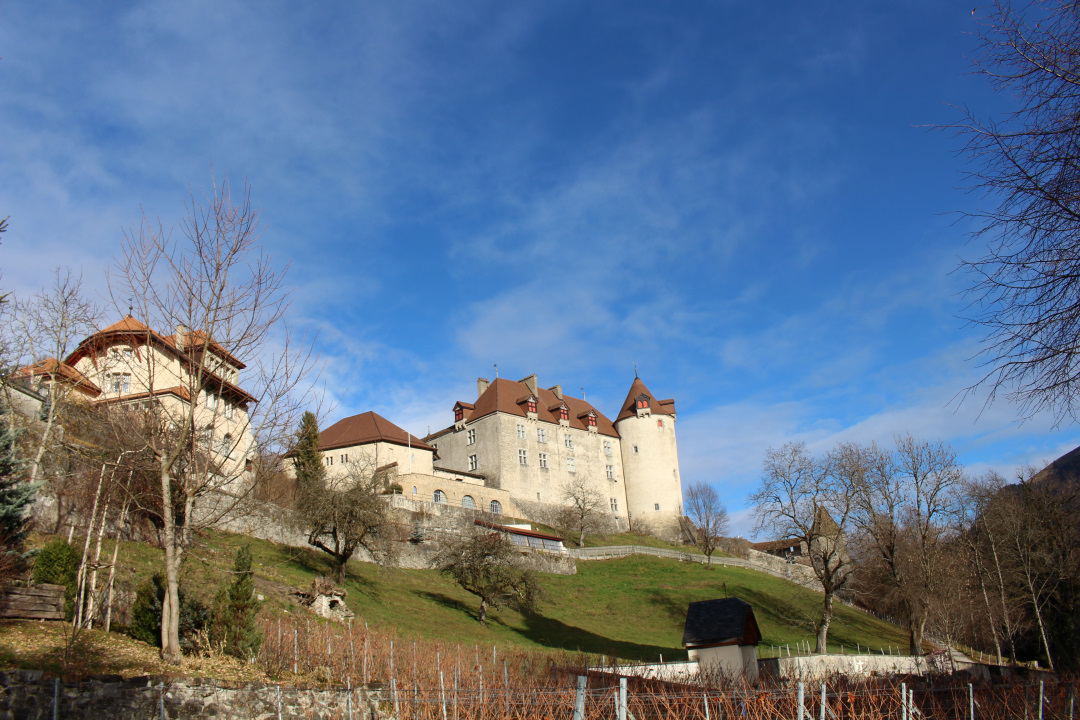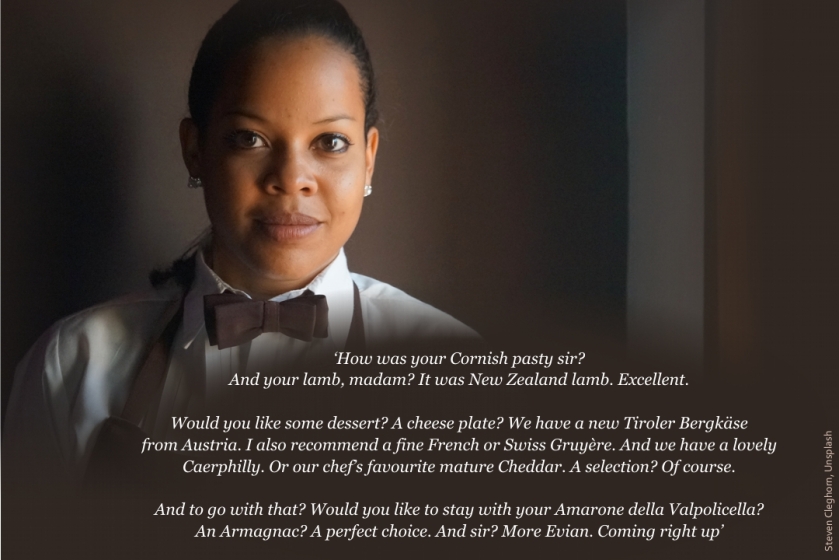By Peter Ungphakorn
POSTED DECEMBER 4, 2022 | UPDATED DECEMBER 5, 2022
No one noticed when these World Trade Organization negotiations passed their 25th anniversary in early 2022. It was no surprise since WTO members had not even bothered to meet in these talks for a decade, except to appoint a new chair and tidy up other administrative issues.
This is about geographical indications — names associated with specific production areas, such as Champagne wine, Scotch whisky or Caerphilly cheese.
The negotiations are not about protecting the names as such. That was settled in the 1994 intellectual property agreement, although some countries want more.
Rather, these talks are about creating in the WTO a multilateral register for geographical indications for wines and spirits. They are the only officially recognised negotiations on intellectual property in the WTO.
And although they’ve been stuck in limbo since 2012, before that the negotiations did manage to narrow gaps between diametrically opposed positions until they could proceed no further.
The achievement is subtle but significant. The failure of WTO negotiations more broadly prevented members from taking the final steps, although that could not be guaranteed even in a better atmosphere.
Continue reading “Whatever happened to the WTO intellectual property negotiations?”







